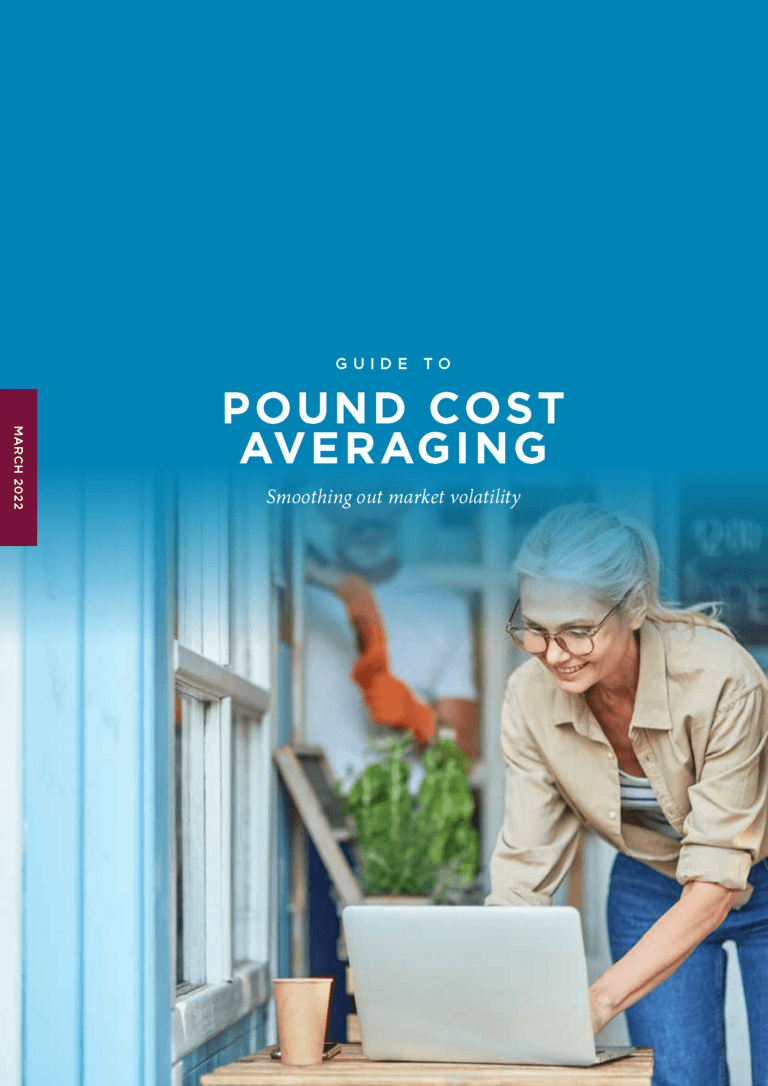Preparing for the unexpected
Protection should be a core part of your financial plan
If you are worried illness or injury could leave you without enough to pay bills, there are solutions to help protect your income. While some people could rely on state benefits as a safety net if they experienced a sudden loss of income, for many the drop in income would be too severe to maintain their standard of living.
Being able to keep paying the bills
In many situations, families rely on both partners’ income to pay the monthly bills and don’t think about the impact losing one income could have on their standard of living. Even though people recognise the need to take out life insurance to pay off their mortgage if they die, some may not think about how their family could continue to pay their outgoings if they became ill or were injured and unable to work for a long period of time.
If something were to happen to you, would you and your family be able to keep paying the bills? The coronavirus (COVID-19) outbreak has made many of us think more carefully about protecting ourselves and our family from financial difficulties. However, this isn’t just about having savings and investments to provide for the long term – it’s also about ensuring you and your loved ones are provided for should the worst happen.
Sufficient savings to manage financially
Have you calculated how much you and your family would need if you found yourself unable to work? This should also take account of your savings and any other income you might have. Using a Budget Planner will enable you to work out what you’re spending each month, from household bills to general living costs. Having a good idea of your overall budget will make it easier to make changes.
Not everyone will have sufficient savings to manage financially for long periods of illness – particularly if this money is earmarked for other plans like retirement or helping children with their education. That’s where insurance protection comes in, and there are a variety of options that could help to cover specific costs, or replace income, should you find yourself unable to work.
Income Protection
Income Protection insurance can provide a regular replacement income if someone is unable to work because of an illness or injury. Typically, a policy pays out after they’ve been off work for six months (often called a ‘deferred’ or ‘waiting period’) and can pay a percentage of their salary until either they return to work, reach State Pension Age or die while claiming.
Critical Illness Cover
Critical Illness Cover is a type of insurance that pays out a tax-free lump sum if someone is diagnosed with, or undergoes surgery for, a critical illness that meets the policy definition during the policy term and they survive a specified number of days. It’s designed to help support you and your family financially while you deal with your diagnosis – so you can focus on your recovery without worrying about how the bills will be paid.
Life Insurance Cover
Life Insurance Cover pays out a lump sum if someone passes away during the policy term.
If you’re diagnosed with a terminal illness and are not expected to live longer than 12 months, some policies will provide the sum prior to death. It’s there to provide financial support for your loved ones after you’re gone, whether that means helping to pay off the mortgage or maintaining their standard of living.
Private Medical Insurance Cover
Private Medical Insurance Cover is a type of cover that pays your private healthcare costs if someone has a treatable condition. Whether it’s overnight care, outpatient treatment, diagnostic tests, scans or aftercare, you receive the specialist private treatment you need, in comfortable surroundings, when you need it. The cover is available at a range of different levels of cover at various premiums designed to meet your specific needs.
Content of the articles featured in this publication is for your general information and use only and is not intended to address your particular requirements or constitute a full and authoritative statement of the law. They should not be relied upon in their entirety and shall not be deemed to be, or constitute advice. Although endeavours have been made to provide accurate and timely information, there can be no guarantee that such information is accurate as of the date it is received or that it will continue to be accurate in the future. No individual or company should act upon such information without receiving appropriate professional advice after a thorough examination of their particular situation. We cannot accept responsibility for any loss as a result of acts or omissions taken in respect of any articles.For more information please visit www.goldminemedia.co.uk








